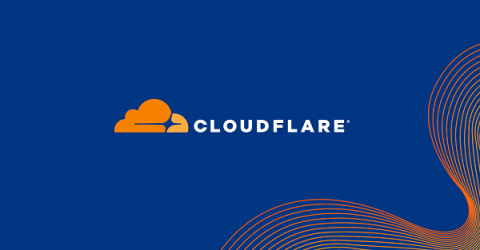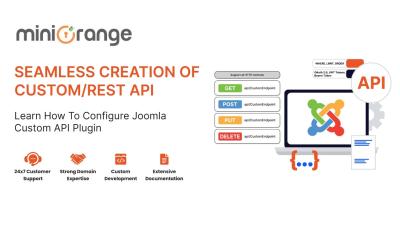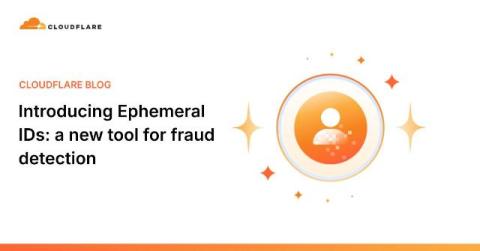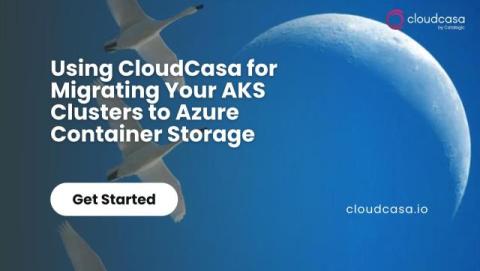Cloudflare helps verify the security of end-to-end encrypted messages by auditing key transparency for WhatsApp
Chances are good that today you’ve sent a message through an end-to-end encrypted (E2EE) messaging app such as WhatsApp, Signal, or iMessage. While we often take the privacy of these conversations for granted, they in fact rely on decades of research, testing, and standardization efforts, the foundation of which is a public-private key exchange.











